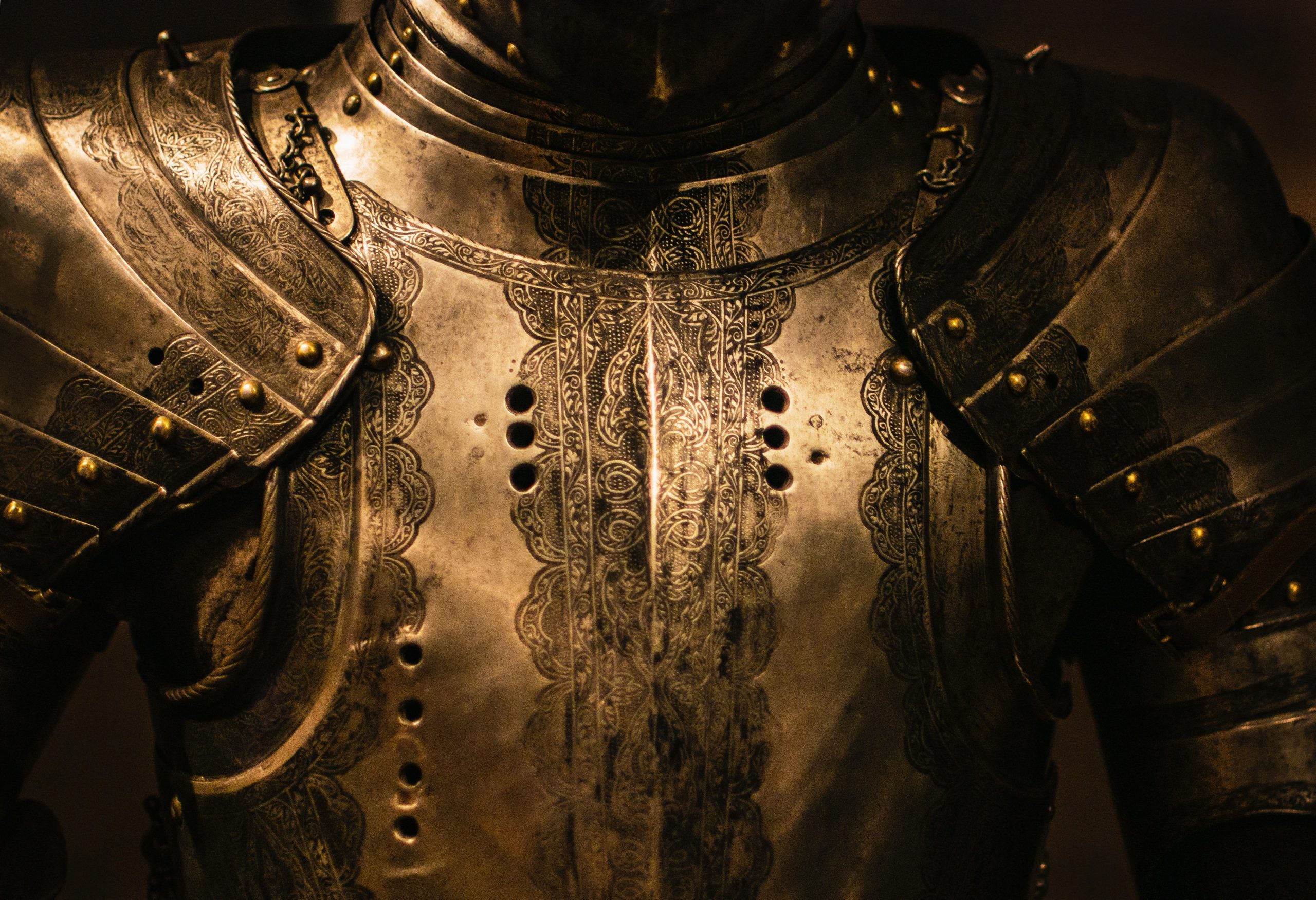The medieval Dark Ages refers to the thousand year period in history between the fall of the Roman Empire around 500 AD and the beginning of the Renaissance in 1500 AD. It was a time of feudalism and the Crusades, when society turned its back on science and reason. Superstition ruled.
A question that is increasingly being asked these days is whether we are now heading into another ‘Dark Age’, where common sense and rational thinking are again being replaced by fanaticism and superstition.
The symptoms of such a retreat from reason are all around.
Universities, founded on the principles of academic freedom, are now muzzling academics who challenge the view of radicals.
The Labour Government’s newly appointed Chief Justice is instructing the Judiciary – the upholder of the Rule of Law which ensures that all citizens are treated as equals – to embrace Maori ‘tikanga’ and embed race-based privilege and spirituality into our judicial system.
A new National Research Charter – being developed by the Royal Society of New Zealand – could force all publicly funded research undertaken in this country to abide by the principles of the Treaty of Waitangi, which themselves are not defined.
Cultural competency ‘training’ is being widely used to indoctrinate the State sector with an agenda that promotes Maori privilege. But that is not enough for the Medical Council, which has recently issued a new directive requiring all doctors to meet ‘cultural safety’ standards as well.
Feminists are relentlessly promoting an anti-male campaign under the guise of ‘gender equality’, to the point where merit counts for nothing and older men are villainised and told to “move on” by the likes of the Green Party Minister for Women Julie Anne Genter.
Colonisation is being reinvented as oppression, instead of liberation from a culture based on utu, cannibalism, and slavery, with those who speak out against race-based laws now branded as white racist supremacists.
Freedom of expression is under threat from the proposed criminalisation of ‘disharmonious speech’ and ‘hate speech’.
The United Nations Declaration of the Rights of Indigenous Peoples undermines national sovereignty through the introduction of the right to self-determination and separate self-rule.
The UN Global Migration Compact threatens national security by legitimising illegal migration.
The UN Paris Agreement claims to be reducing man-made global warming to save the planet, but the overarching intent is to control free-market economies and redistribute wealth.
Furthermore, the climate change agenda has now been captured by an anti-establishment movement that is tapping into the emotions and fears of young people in particular. The new poster child of this global cult is Greta Thunberg, a Swedish teenager with Asperger’s Syndrome. She has now revealed the agenda has a greater political motive: “The climate crisis is not just about the environment. It is a crisis of human rights, of justice, and of political will. Colonial, racist, and patriarchal systems of oppression have created and fuelled it. We need to dismantle them all.”
The concern is that Kiwis are too complacent and so are largely blind to the more sinister agendas driving many of these changes. Unlike the yellow vest movement in France or the freedom fighters in Hong Kong, new restrictions are being introduced with barely a murmur of protest.
So how is it that New Zealand society can be so quickly undermined and fractured, without civil upheaval?
Surprisingly, the answer lies largely with social media.
Before social networking sites were established, the mainstream media was the gatekeeper for news. As the Fourth Estate – the fourth pillar of our Democracy alongside Parliament, the Executive, and the Judiciary – the mainstream media not only held the government to account, but they largely filtered out information that was deceptive or irrational. In general, they upheld their responsibility to present balanced arguments and the truth.
But the rise of social media changed the landscape by enabling people to more easily channel their own information and share it directly through their networks.
Initially, the media ignored the intrusion, but as social media became more influential, they embraced it as a resource to try to halt their decline. It’s now reached the ridiculous stage where any social media story has the potential to become mainstream media’s headline news. Sound journalism and its associated costs, has been replaced with social media trivia. Much worse is the more recent development where mainstream media have become cheerleaders for popularist campaigns and refuse to publish contrary opinions.
Traditionally, the mainstream media challenged politicians or others who had chosen to become public figures. But nowadays anyone speaking out on social media is a target, especially if their opinions are not politically correct. They risk being personally attacked to destroy their credibility, and silence their views.
A recent illustration involves a lady who responded to an Air New Zealand social media message that began with “Kia ora” by politely pointing out she was not Maori: “Hello (I’m not Maori)…”
Instead of replying in English, the Air New Zealand employee responded with a more complex Maori language expression.
The lady replied “I’m still not Maori. What’s the English translation of that?”
In response, Air New Zealand sent her a link to the on-line Maori dictionary.
At that stage the social media attackers weighed in, calling her a racist, and congratulating Air New Zealand for continuing to use Maori. Mainstream media then reported the story, adding to it by searching through her Facebook account to highlight anything else that was politically incorrect.
This situation where propaganda now masquerades as news, and free speech is being suppressed is contributing to a more general malaise that is affecting society as the State becomes more pervasive and people feel increasingly powerless to change or improve their lives.
To be continued: Part two will publish 10.30 am this morning.

